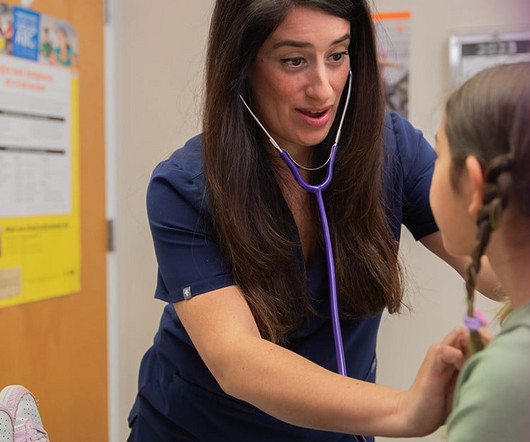5 Specializations For Nurses Who Enjoy Travel
Registered Nursing
SEPTEMBER 22, 2023
Education: To become a travel nurse, you must first complete a nursing program and earn either an associate degree in nursing (ADN) or a bachelor of science in nursing (BSN) degree. Afterward, you must pass the NCLEX-RN exam to obtain your registered nurse (RN) license.












Let's personalize your content